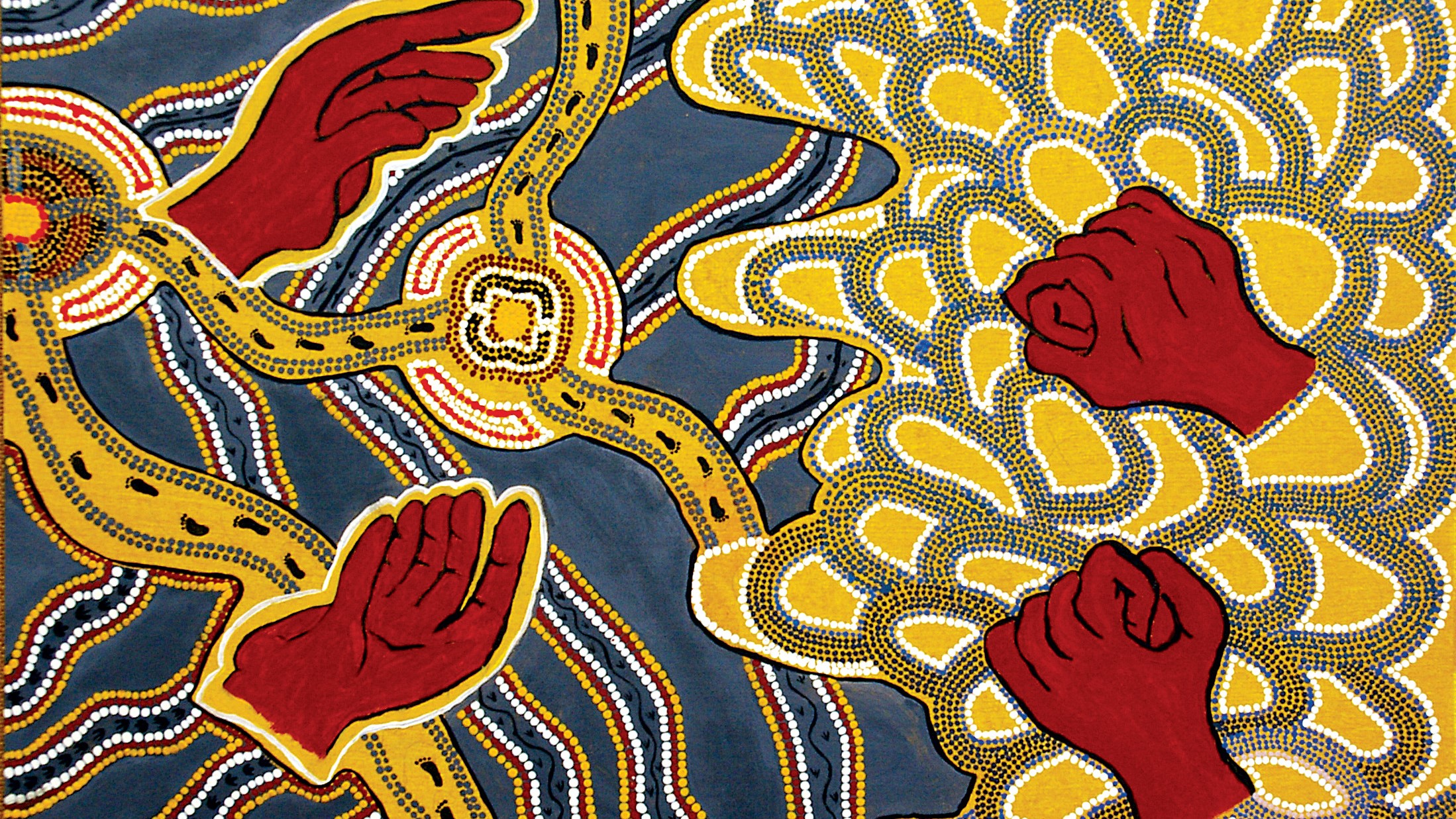Presentation Type
Presentation
Location
The University of Notre Dame Australia, Broome Campus
Start Date
11-6-2019 12:30 PM
Description
A limited body of empirical evidence suggests a strong sense of cultural identity promotes wellbeing and other socio-economic outcomes for First Nations people, including for Indigenous Australians. A challenge to this body of evidence is potential endogeneity: that Indigenous people who achieve positive outcomes are then more likely to maintain and engage in their traditional culture. This paper uses data from Australia’s Longitudinal Study of Indigenous Children to address that challenge. Indigenous parents’ attitudes and practices with respect to passing on traditional culture to their children in early childhood are related to children’s later health and socio-emotional adjustment. Exploratory factor analysis identifies three key elements of parental transmission of Indigenous culture to their children: connection to country, connection to kin and traditional knowledge. Parents fostering a strong kinship connection is found to contribute to positive child development. Positive effects of stronger connection to country and parental desires to pass on traditional knowledge are also identified in some regional contexts, providing further evidence that traditional Indigenous cultures should be seen as a resource for addressing Indigenous disadvantage, not a contributing factor. The research design eliminates the possibility of (the child’s) outcomes ‘causing’ greater cultural identity or engagement, but not the possibility of omitted variables shaping both parents’ practices toward cultural engagement and child outcomes.
Recommended Citation
Dockerty, Michael, "Inter-generational Transmission of Indigenous Culture and Children’s Wellbeing" (2019). Talking Heads Seminar Series. 13.
https://researchonline.nd.edu.au/nulungu_talkingheads/2019/schedule/13
Inter-generational Transmission of Indigenous Culture and Children’s Wellbeing
The University of Notre Dame Australia, Broome Campus
A limited body of empirical evidence suggests a strong sense of cultural identity promotes wellbeing and other socio-economic outcomes for First Nations people, including for Indigenous Australians. A challenge to this body of evidence is potential endogeneity: that Indigenous people who achieve positive outcomes are then more likely to maintain and engage in their traditional culture. This paper uses data from Australia’s Longitudinal Study of Indigenous Children to address that challenge. Indigenous parents’ attitudes and practices with respect to passing on traditional culture to their children in early childhood are related to children’s later health and socio-emotional adjustment. Exploratory factor analysis identifies three key elements of parental transmission of Indigenous culture to their children: connection to country, connection to kin and traditional knowledge. Parents fostering a strong kinship connection is found to contribute to positive child development. Positive effects of stronger connection to country and parental desires to pass on traditional knowledge are also identified in some regional contexts, providing further evidence that traditional Indigenous cultures should be seen as a resource for addressing Indigenous disadvantage, not a contributing factor. The research design eliminates the possibility of (the child’s) outcomes ‘causing’ greater cultural identity or engagement, but not the possibility of omitted variables shaping both parents’ practices toward cultural engagement and child outcomes.



